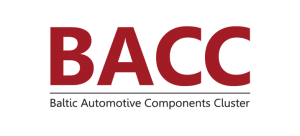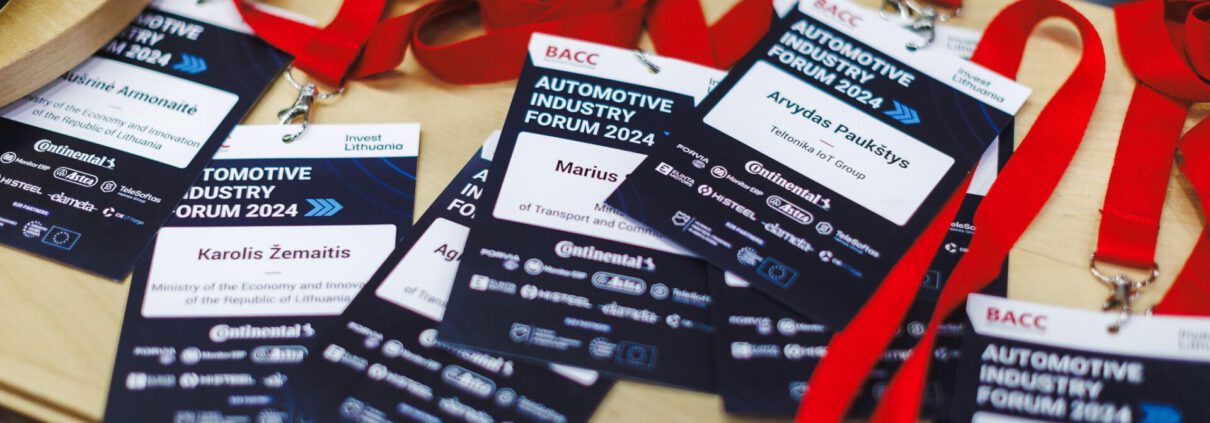16-05-2024
As Europe navigates economic and geopolitical challenges, the Baltic Automotive Industry Forum served as a platform for critical discussions on the future of the automotive sector. In a digital keynote address, [Speaker’s Name] emphasized the importance of collaboration, investment, and strategic policy decisions to maintain Europe’s leadership in mobility innovation.
The Automotive Industry: A Pillar of Europe’s Economy
With nearly 13 million employees across the value chain, the automotive sector plays a crucial role in Europe’s growth, prosperity, and employment. In 2022 alone, the industry contributed nearly €1 trillion to the European GDP. However, increasing global competition, regulatory challenges, and infrastructure gaps threaten its long-term success.
Driving Innovation Through Collaboration
The keynote underscored the urgent need for Europe to align its economic and geopolitical strategies, ensuring a resilient and competitive automotive sector. Sustainability, digitalization, and security must be addressed as interconnected priorities, requiring greater technological openness, investments, and cross-border collaboration.
Overcoming Barriers to Competitiveness
Industry leaders continue to grapple with rising energy costs, protectionist trade policies, and government subsidies favoring non-European competitors. To sustain its global position, Europe must focus on reducing bureaucracy, lowering taxes and levies, and enhancing infrastructure. Trade, raw material, and energy agreements are also critical to ensuring long-term industrial stability.
Electromobility: A Key Opportunity with Infrastructure Challenges
As Europe pushes for electromobility as the future of transportation, the availability of charging infrastructure remains a major concern. Currently, 60% of all charging points are concentrated in the Netherlands, Germany, and France, with cities like Berlin having more chargers than entire countries such as Romania or Ireland. While the transition to electric vehicles is a welcome step, it requires accelerated investment and policy support to meet the growing demand.
“Act Instead of React”
With time running out to secure Europe’s position in the global mobility landscape, the keynote called for decisive action over passive response. The EU must ensure that policies are not only ambitious but also effectively implemented to support the automotive sector’s evolution.
Acknowledgment and Future Outlook
The Baltic Automotive Components Cluster (BACC) extends its gratitude to the organizers in Vilnius for hosting this vital discussion. As the automotive industry stands at a turning point, collaboration, innovation, and strategic policymaking will determine its success in shaping the future of mobility.



